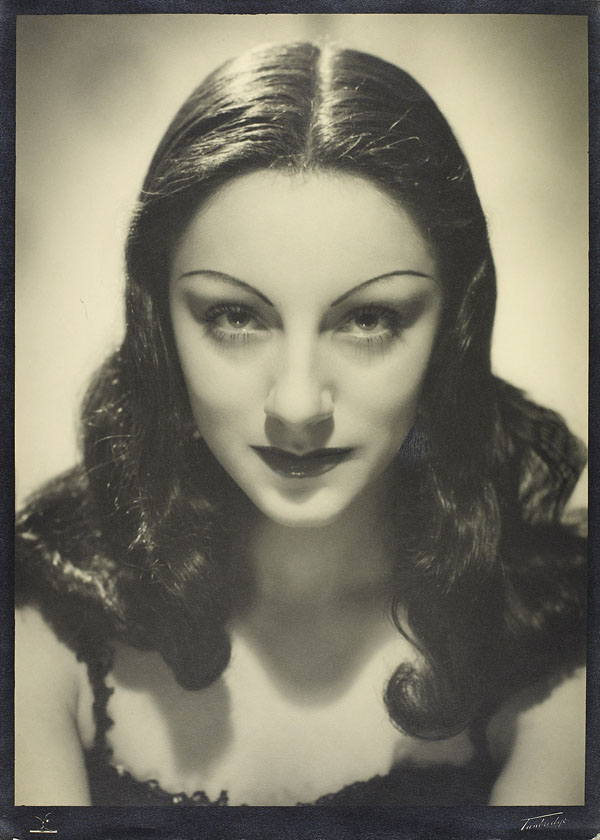
Wen Wei Wang
Wen Wei Wang, dancer, teacher, choreographer, director (born at Xi'an, China 5 Feb 1965). Wen Wei Wang (pronounced Wong) is a prolific choreographer whose cross-cultural work draws on his Chinese heritage. His formidable technique was acquired by studying Russian ballet, Chinese classical and folk dance, martial arts and tai chi, and his innovative and passionate style combines fierce physicality, musicality and a poetic attention to line and emotion.Despite his parents' attempts to guide him into the painting or music, Wen Wei Wang felt called to dance from an early age. His professional training began at the school of the Langzhou Regional Dance Company in 1978, and 4 years later he joined the professional troupe. In 1986 he came to Vancouver to teach and dance with the Lorita Leung Chinese Dance Company in a five-month cultural exchange.
He also began to choreograph. One of his initial dances won a 1986 award in Gansu Province, China. In 1989 he was accepted into China's first university-level choreography program at the prestigious People's Liberation Army Academy of Art in Beijing.
Hungry to experience more Western dance than the rare glimpse he got in China, Wen Wei Wang accepted an invitation to attend the Contemporary Arts Summer Institute at Vancouver's Simon Fraser University (SFU) in 1991. Afterward he decided to stay in Vancouver and joined the Judith MARCUSE Dance Company, where he danced for 2 seasons. Following a 1993 SFU summer session in choreography, he became a member of BALLET BRITISH COLUMBIA (Ballet BC) for 7 years, except for a one-year stint with LES GRANDS BALLETS CANADIENS DE MONTRÉAL in 1995.
Simultaneously, Wang worked as a freelance choreographer for a number of Vancouver organizations including the Goh Ballet, the Chinese Cultural Centre, Arts Umbrella Junior, Dancers Dancing, and for contestants of the Swiss Prix de Lausanne competition. In 2003 the creation of his first evening-length piece, Tao, prompted him to found his own company, Wen Wei Dance Society, with a small group of technical dancers including himself. At first it showed mainly in the Vancouver area but, after performing Unbound at Ottawa's 2006 Canada Dance Festival, it began to tour across Canada and in China, Colombia and Italy.
Besides choreographing for his own company, Wang, who received the Clifford E. Lee Award for choreography in 2000, has made dances for the ALBERTA BALLET, BALLET JÖRGEN, Portland, Oregon's North West Dance Projects, Ballet BC, and the Vancouver Opera's Nixon in China. In 2005 he collaborated with Peter Bingham of the EDAM dance company to create and perform Thirst. In 2009 he began an ongoing relationship with China's foremost contemporary dance group, the Beijing Modern Dance Company.
Their first collaboration was Under the Skin (2010). Wen Wei Wang shared the choreography with Gao Yanijzi, a Beijing choreographer, each creating for the other's company. Under the Skin premiered in Ottawa in 2010 and toured Canada the following year.
Since 1992, Wang has created dozens of works including 8 full-evening pieces. Unbound (2006), which won the Isadora Award for choreography, was inspired by the three-inch-long "lotus" feet of Chinese women of earlier times. It toured Canada, the Venice Biennale, Shanghai and Beijing. Three Sixty Five (2007), about emotions engendered by the 4 seasons, was set to Vivaldi.
His most autobiographical piece, the angry and funny Cock-Pit (2008), was made after Wang received the Rio Tinto Alcan Award. The piece drew on Wang's experiences in boarding school and, common in China at that time, the secrecy about sexuality.
Wen Wei Wang's film credits include A Cup of Wine (2010), a dance film directed by Daniel Conrad.

 Share on Facebook
Share on Facebook Share on X
Share on X Share by Email
Share by Email Share on Google Classroom
Share on Google Classroom


